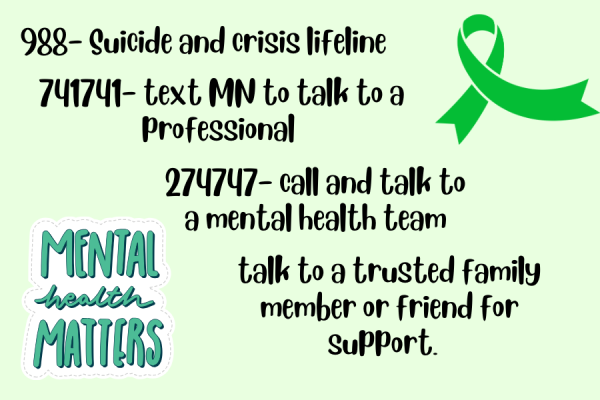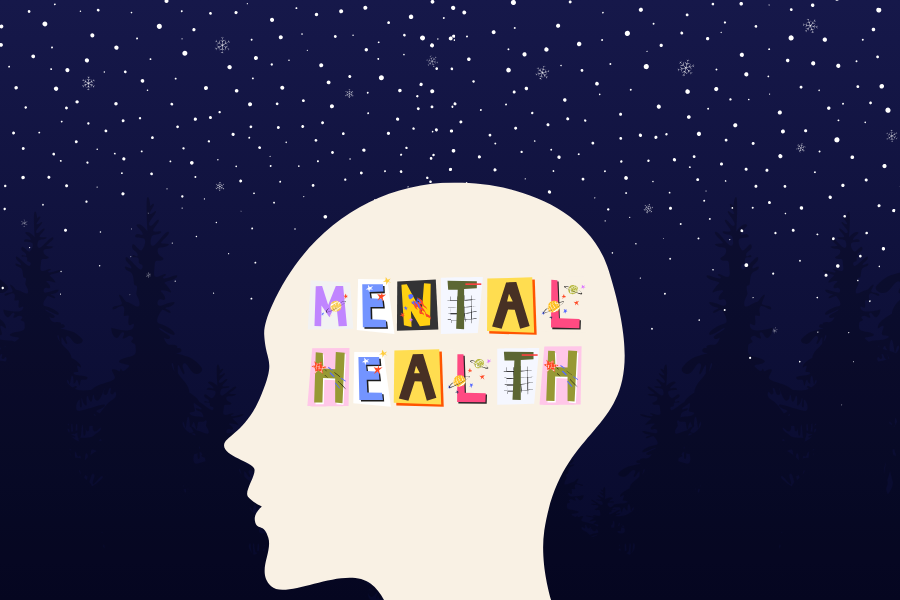When daylight savings happens, the days can feel shorter and darker. It can be pitch black out by 5:30 pm. Believe it or not, daylight savings can have a big impact on people’s mood and mental health.
According to the American Academy of Sleep Medicine, the transition in and out of daylight savings time can cause a mood disturbance and trouble with sleep.
42% of teens struggle with feeling sad or hopeless. Mental health affects many people but can also be unseen or hidden in an individual. Major depression is one of the most common mental disorders in the U.S. 22% of teens have considered attempting suicide. Depression can affect a teen’s school work, social interactions, and they can become very distant. Depression doesn’t only affect teens; it affects many adults too. In fact, ages 18-24 have the highest depression rates. 9.5% of American adults will suffer from a depressive illness each year.
Seasonal Affective Disorder (SAD) is a type of a depression that’s related to the change in seasons. SAD typically starts in fall and carries through the winter months, it typically can come to an end toward spring or summer. The reduced level of sunlight in fall and winter is a common trigger for SAD. The change in season can disrupt the balance of melatonin causing a shift in sleep and mood. Women typically are more likely to be diagnosed then men, and it occurs more in younger adults and teens than older adults. Did you know, that SAD is most common in people who are living far from the equator? This is because of the lack of sunlight during the winter.
Vitamin D is very important to help the body function. Vitamin D is produced when when the skin is exposed to the sunlight. Vitamin D can help boost serotonin levels. Serotonin is a chemical that carries messages throughout body and nerve cells of the brain. If the body does not get enough serotonin, the body can lack vitamin D and that could cause depression.
With the winter season coming and people are seeing less sunlight, depression rates are increasing. There are plenty of resources to help those feeling hopeless or down.
If you or someone you know is struggling, 988 is the suicide and crisis lifeline. For the crisis text line, text MN to 741741. For those looking for counseling or therapy check with your doctor to find the best fit for you. Never be afraid to reach out if you are struggling; there is lots of help available.







